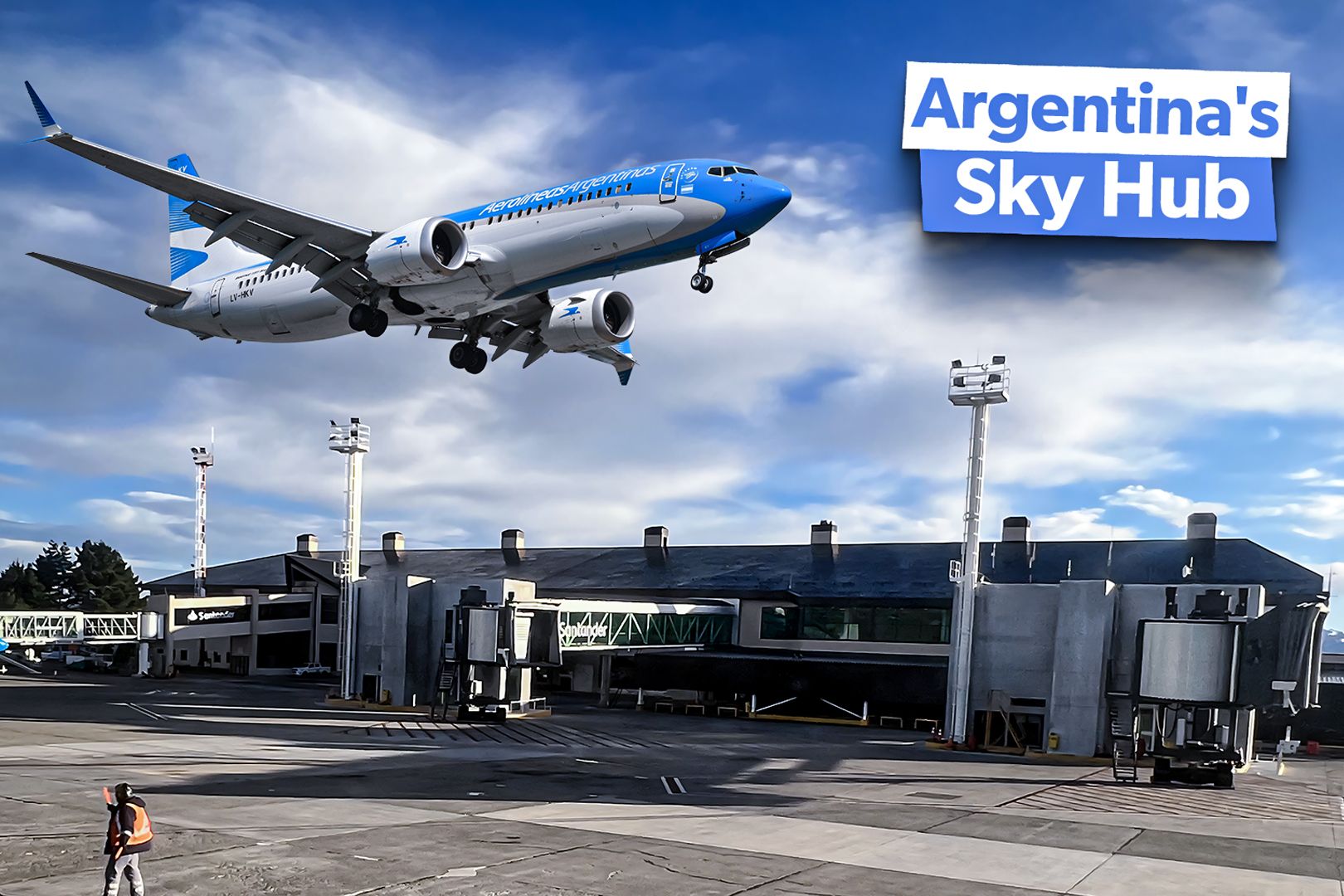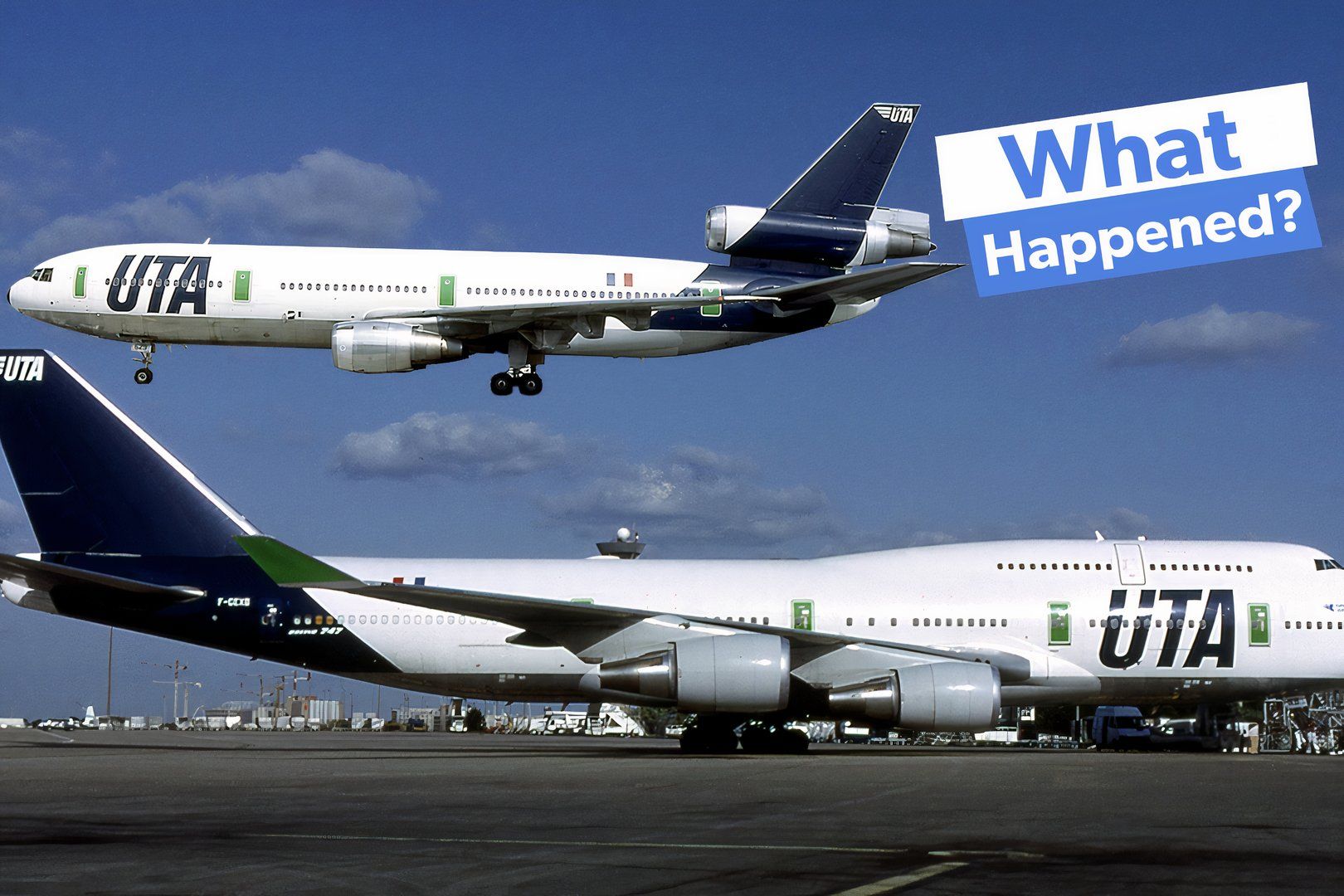Share to Facebook Share to Twitter Share to Linkedin Frequent fliers should monitor how long and how loud they use headphones or earbuds on a plane to ...
[+] avoid long-term hearing loss. getty Every frequent flier knows that traveling can take a toll on your body, and the consequences can come in a variety of ways. Sitting for long periods of time can impact your circulation, with long-term effects such as deep vein thrombosis .

The low humidity and decreased pressure in airline cabins can cause dehydration, and eating airport food can often play tricks on your stomach. Throw in a lack of sleep, a stiff back, and cramped muscles due to uncomfortable seat design, and it’s a given that you’ll never end a flight feeling better than you started in economy class. These effects of flying on the body are well documented, but another threat of frequent and extended travel is less talked about—the damage you might be causing to your ears by using your headphones too loud or too long.
‘There Is No Such Thing As A Safe Headphone’ Today’s culture of flying is one in which we attempt to shut out the world through music, movies, and podcasts. A traveler can spend hours or even the majority of the day wrapped up in their audio cocoon, far exceeding the recommended threshold of noise exposure. Generally speaking, today’s headphones max out at volumes between 105 and 110 decibels.
According to the C.D.C.
, prolonged or excess exposure to sounds higher than 70 decibels can cont.



















